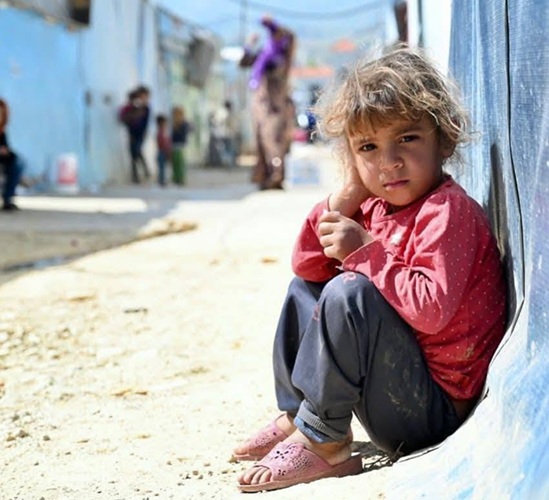The Muslim community in India has faced numerous challenges in the educational and economic sectors since independence. A significant concern is the continuous decline in Muslim participation in government jobs, a trend that has been exacerbated by the religious restrictions imposed by Article 341 of the Constitution. These restrictions have created barriers that have particularly impacted the Scheduled Caste (SC) Muslims, who have been denied the benefits of reservation that could have improved their representation in government positions.
The Impact of Article 341 on Muslim Representation
If the religious ban on Article 341 had not been imposed in 1950, statistics indicate that the participation of Muslims in government jobs would be much higher today. The religious restriction has disproportionately affected SC Muslims, who have been systematically excluded from the reservation benefits that are otherwise available to Hindu Scheduled Castes. This exclusion has led to a significant reduction in the representation of Muslims in government jobs, further marginalizing the community.
Understanding Article 341
Article 341 of the Indian Constitution initially provided for the reservation of certain Scheduled Castes, which included some Muslim communities such as the Ansari, Qureshi, Dhobi, Dhunia, and Halalkhor. However, on August 10, 1950, the first Prime Minister of India, Jawaharlal Nehru, issued an order through the then-President, Rajendra Prasad, that restricted these reservations to only Hindu Scheduled Castes. This decision effectively stripped SC Muslims of the reservation benefits that could have significantly improved their socio-economic status.
In a further move on July 28, 1959, Nehru introduced another condition that if Muslims who were originally Hindus reconverted to Hinduism, they would regain their eligibility for reservation benefits. However, if they remained Muslims, they would continue to be deprived of these benefits. This stipulation reinforced the religious discrimination embedded in the policy, further alienating SC Muslims and depriving them of opportunities for social and economic mobility.
Constitutional Contradictions
The imposition of religious restrictions on Article 341 stands in stark contrast to other provisions of the Constitution that emphasize equality and non-discrimination. Articles 14, 15, 16, and 25 guarantee equality before the law, prohibit discrimination on grounds of religion, race, caste, sex, or place of birth, and protect the right to freedom of religion. The exclusion of SC Muslims from the benefits of Article 341 contradicts these fundamental rights, creating a legal and moral dilemma that continues to affect the community.
Voices of Protest
Several leaders and organizations have consistently raised their voices against this injustice. Maulana Aamir Rashadi and Dr. M. Ajaz Ali have been at the forefront of the struggle, advocating for the rights of SC Muslims and highlighting the unfairness of the religious restrictions on Article 341. However, the broader political and religious landscape has seen limited engagement with this issue. While parties like the All India Majlis-e-Ittehadul Muslimeen (MIM), Samajwadi Party, Bahujan Samaj Party, Azad Samaj Party, and Congress, as well as organizations like Jamiat Ulema Hind and Jamaat Islami Hind, have expressed concerns, a unified and sustained effort is still lacking.
A Call for Justice
On August 10, the anniversary of the imposition of the religious restriction on Article 341, some regional political parties and organizations will likely raise their voices against this constitutional injustice, as they have done in the past. However, the impact of these protests remains uncertain, given the systemic nature of the discrimination and the entrenched political interests that support it.
This issue transcends religious lines and touches on the core principles of justice and equality enshrined in the Indian Constitution. It is imperative that all justice-loving citizens, regardless of their religion, unite to address this sensitive issue. The struggle for the rights of SC Muslims under Article 341 is not just a fight for one community but a fight to uphold the constitutional values that bind the nation together. It is only through collective action and a commitment to justice that this historical wrong can be corrected, ensuring that the promise of equality is fulfilled for all citizens of India.
***
Zakir Hussain is an independent journalist and founder of Al Falah Foundation, a social organization for blood donation.





0 Comments